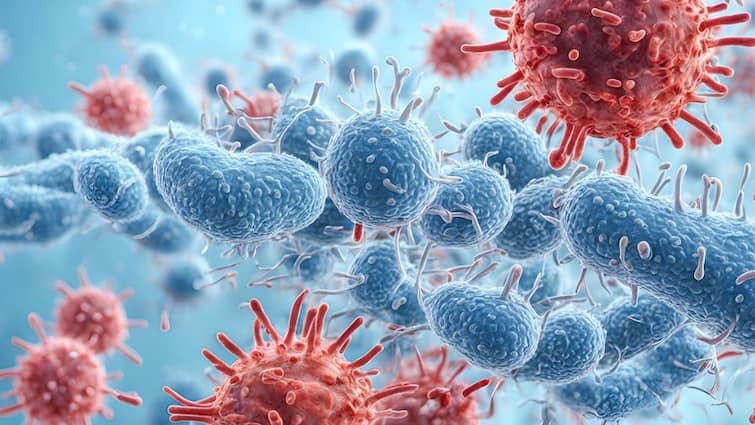
Causes of cancer: It is often believed that people are getting cancer due to the use of fertilizers and pesticides by farmers. Of course, this may be true to some extent, but scientists have revealed something about cancer that has shocked everyone. Scientists have said that food packaging materials are causing cancer on a large scale.
In fact, a team of researchers has identified nearly 200 potential breast cancer-causing compounds in food packaging materials, including plastic, paper and cardboard. These pose a significant risk despite existing regulations. The research, published Tuesday in Frontiers in Toxicology, underscores the urgent need for preventive measures to reduce these chemicals in everyday objects.
Jane Munke, managing director of the Food Packaging Forum and co-author of the study, said the study is also important because it shows that there is a huge opportunity to prevent exposure to chemicals that cause breast cancer. She said there is a possibility of preventing cancer caused by exposure to dangerous chemicals in daily life. This needs more attention as it is the most common cancer in women.
According to the World Health Organization, limited to the latest studies available in 2020–22,
In 2022, 2.3 million women were diagnosed with breast cancer and 670,000 died globally. For the study, the team compared recently published lists of potential breast carcinogens. They found 189 potential carcinogens were found in food packaging materials, including 143 in plastics and 89 in paper or board.
Additionally, the team restricted their study to the most recent studies available in 2020-22. They also found evidence of exposure to 76 breast carcinogens from FCMs purchased worldwide, 61 of which were from plastics.
FCMs are common across populations exposed to substances known to cause breast cancer. This indicates the global population's exposure to chemicals under real experimental conditions. Importantly, food packaging materials in the past few years were purchased from markets in highly regulated regions, including the EU and the US.
“Our findings suggest that exposure to FCM breast cancer-causing substances is common across the population,” the researchers said.
 look news india
look news india